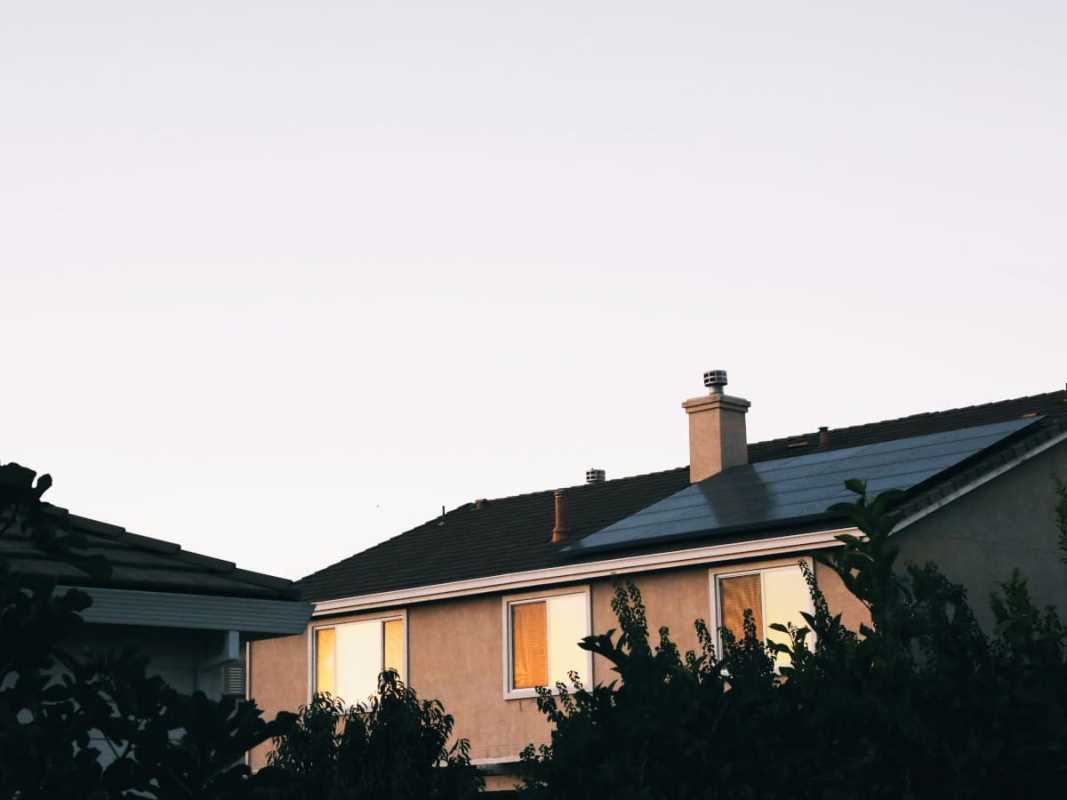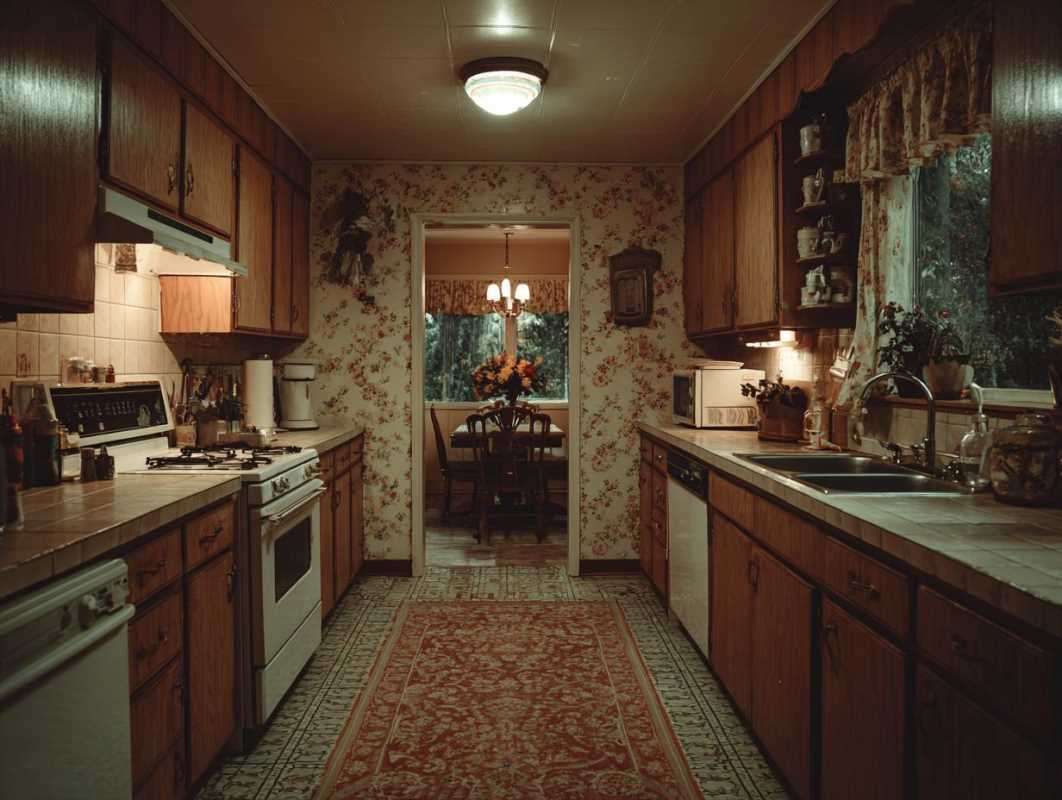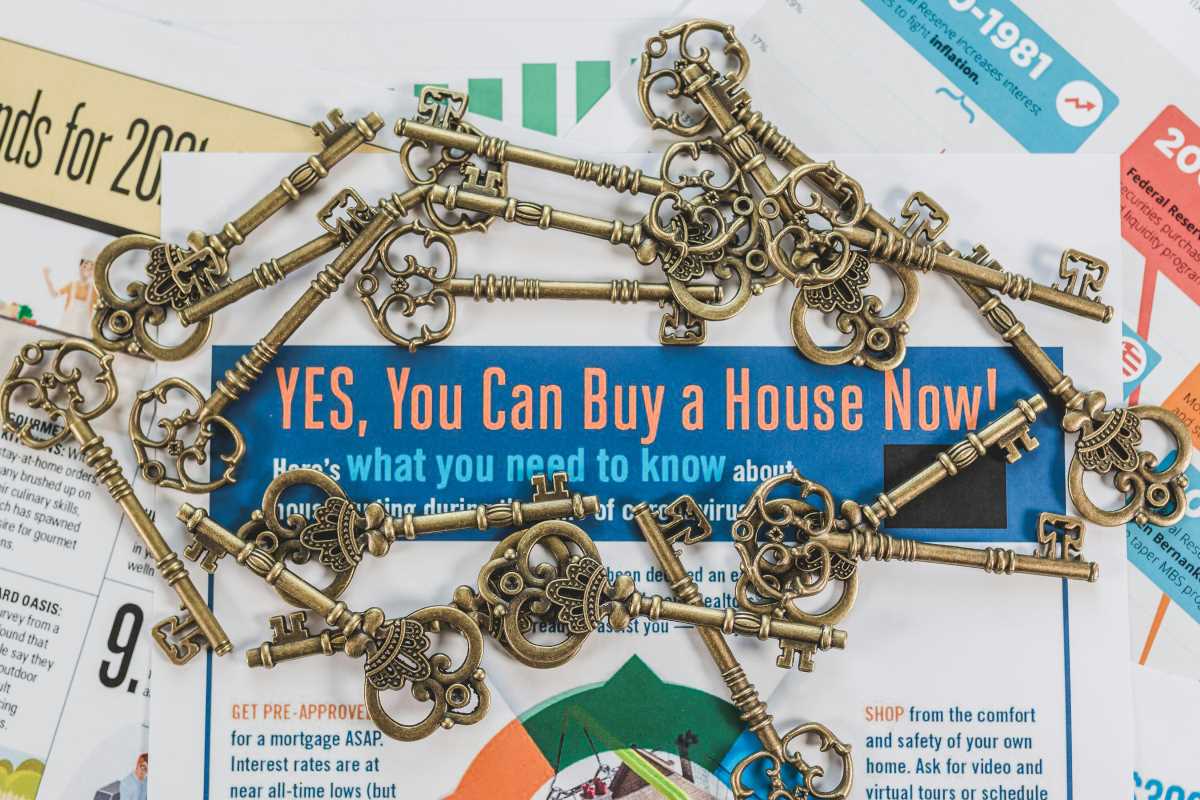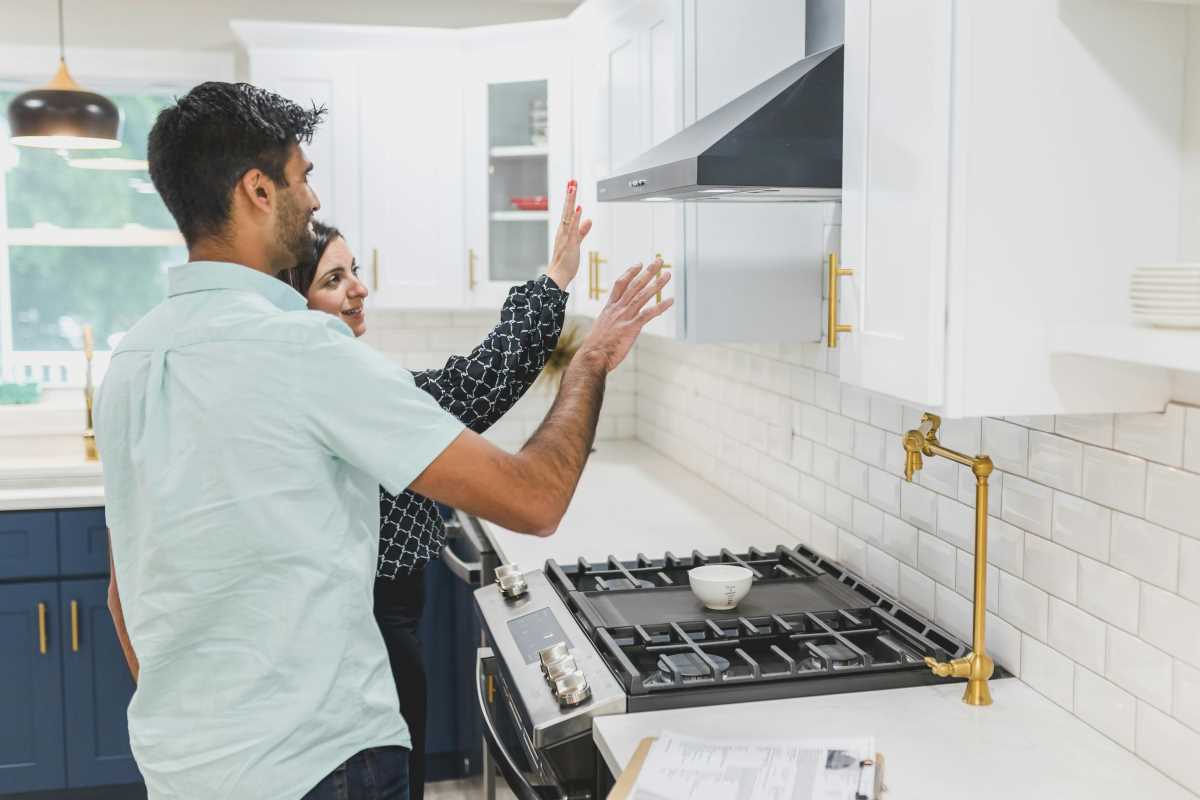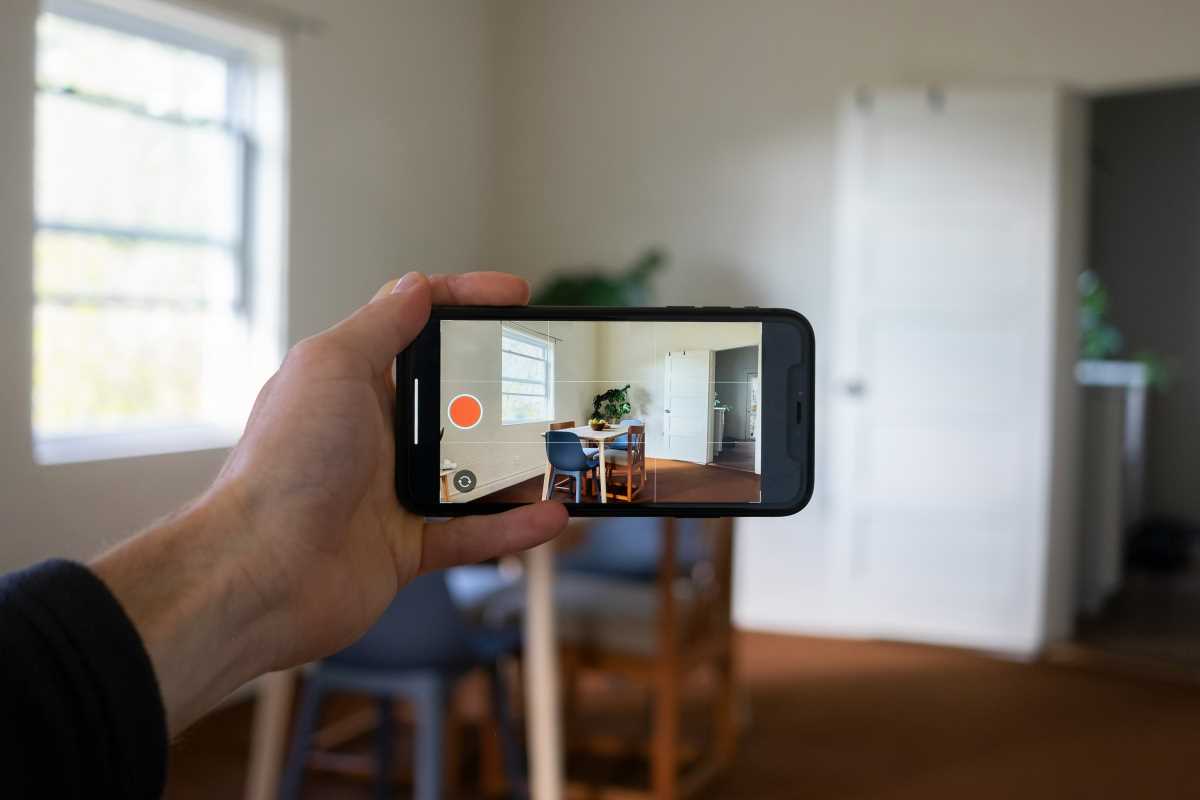When you decide to sell your home, one of the first questions that comes to mind is, "How much can I get for it?" It's natural to think about the highest possible number. You've invested time, money, and countless memories into your property. But in the world of real estate, the most important secret to a fast and successful sale isn't starting with the highest price—it's starting with the right price.
Getting the price wrong from day one is one of the costliest mistakes you can make. It can lead to months of frustration, lower offers than you expected, and the stress of your house just sitting on the market. Think of it this way: pricing your home isn't about setting a wishful number; it's a strategic decision based on solid information. Let's walk through why pricing it right is so critical and how you can do it effectively.
The Danger of Starting Too High
It might seem logical to price your home a little high to leave room for negotiation. It's a common thought: "We can always come down later." The problem is, this approach often backfires. Here’s why overpricing can be so damaging.
You Miss Your Golden Window
A new listing gets the most attention within the first few weeks it's on the market. This is your "golden window." Active buyers and their agents are constantly watching for new homes. If your property is priced correctly, it generates immediate excitement, showings, and potentially, offers.
When you overprice, you miss this crucial opportunity. Buyers and their agents, who are very aware of market values, may see the high price and not even bother scheduling a showing. They assume you're not a serious seller or that it's just not worth their time. Your home becomes invisible to the most qualified buyers right from the start.
The Stigma of a Stale Listing
What happens after that initial buzz fades? Your house just sits there. As the "days on market" counter ticks up, a stigma begins to form. Buyers start to wonder, "What's wrong with that house? Why hasn't it sold?"
Even when you eventually lower the price, the damage is often done. Buyers become skeptical and may assume there are hidden problems. You’ll likely start getting lowball offers from people who think you're now desperate to sell. In many cases, homes that start overpriced end up selling for less than they would have if they were priced correctly from the beginning.
The Power of Competitive Pricing
Pricing your home correctly—or even slightly below market value—isn't about leaving money on the table. It's a smart strategy designed to generate maximum interest and competition.
When a home is priced well, it attracts a large pool of potential buyers. This creates a sense of urgency. Instead of you chasing buyers, you have buyers competing with each other for your home. This is how you can get multiple offers, which often drives the final sale price up to, or even above, your asking price.
Think about it from a buyer's perspective. Seeing a reasonably priced home that looks great is exciting. It makes them want to act fast before someone else snatches it up. This buyer psychology is a powerful tool, and smart pricing is how you use it to your advantage.
How to Set the Right Price
So, how do you find that magic number? It’s not a guessing game. It’s a process based on data and expert advice.
Rely on a Comparative Market Analysis (CMA)
Your real estate agent will prepare a document called a Comparative Market Analysis, or CMA. This is the most important tool for pricing your home. It’s not just a Zillow estimate; it’s a detailed report that analyzes:
- Recently Sold Homes: These are your most direct comparables ("comps"). The CMA looks at similar homes in your neighborhood—in terms of size, age, and condition—that have sold in the last few months.
- Active Listings: These are your current competition. Knowing what other sellers are asking for helps position your home effectively.
- Expired Listings: These are homes that didn't sell. They often serve as a good example of what happens when a home is overpriced.
Your agent will help you interpret this data to find a price range that is realistic and competitive.
Be Honest About Your Home's Condition
The price of a home isn't just about square footage and location. It's also about condition. Two houses on the same street can have very different values if one has a brand-new kitchen and the other hasn't been updated in 20 years.
Try to look at your home with a buyer's critical eye. Are there repairs that need to be made? Is the decor dated? Be honest with yourself and your agent about your home’s strengths and weaknesses. This will help you adjust the price accordingly.
Trust Your Agent's Expertise
You hire a real estate agent for their professional guidance, and pricing is where their expertise truly shines. We understand the local market dynamics, know what buyers are looking for, and have our finger on the pulse of recent trends. While the final decision is yours, it's wise to listen carefully to your agent's recommendation. They have the same goal as you: to sell your home for the best possible price.
What if You Need to Adjust?
Sometimes, despite your best efforts, the market doesn't respond as you’d hoped. If you have few showings or no offers after a couple of weeks, it might be a sign that a price adjustment is needed.
Don’t look at this as a failure. The market is always shifting. A timely price reduction is a strategic move, not a sign of desperation. It can put your home back on the radar for buyers and signal that you are a motivated seller. A small, quick adjustment is often more effective than a series of tiny reductions over several months.
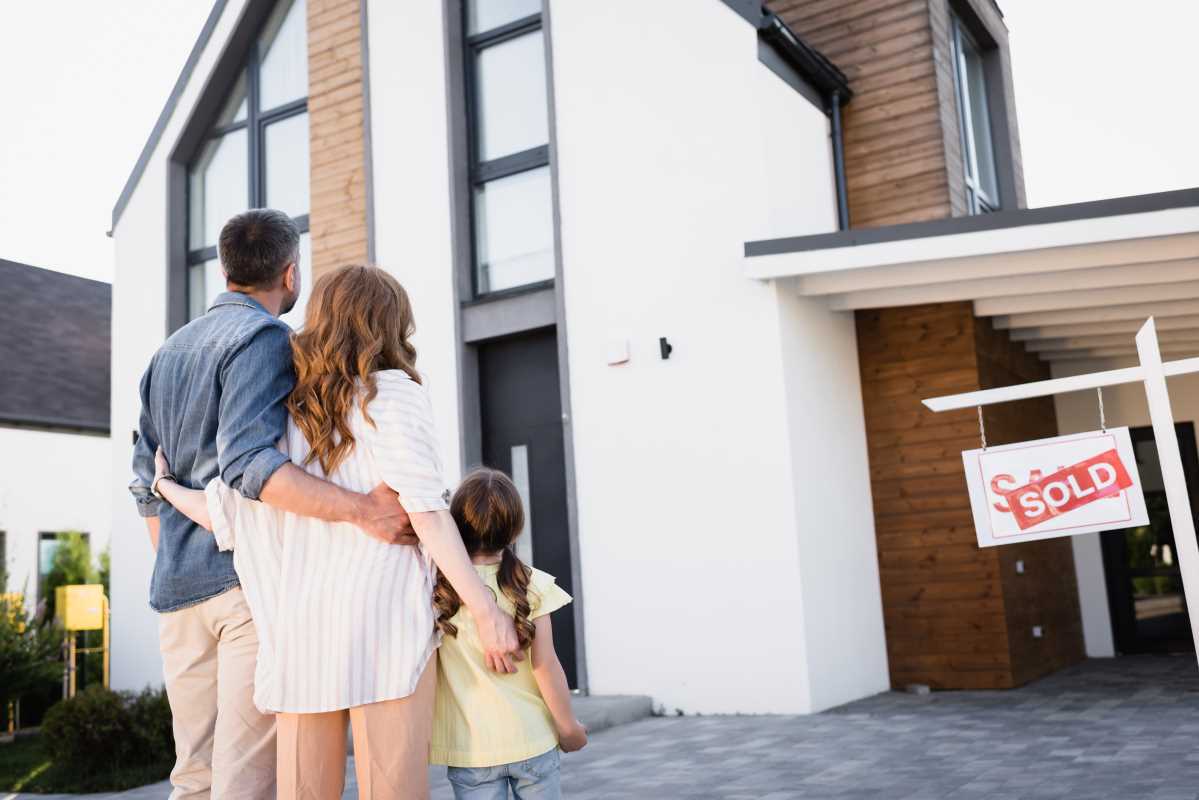 (Image via
(Image via